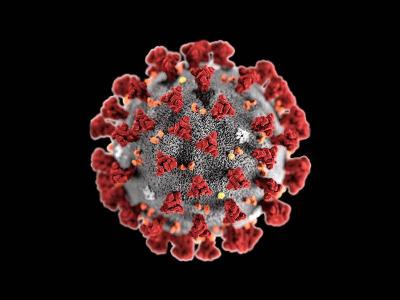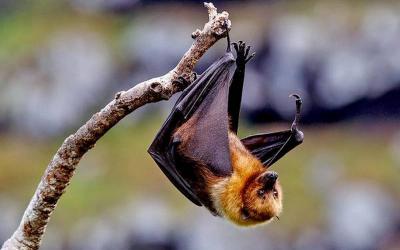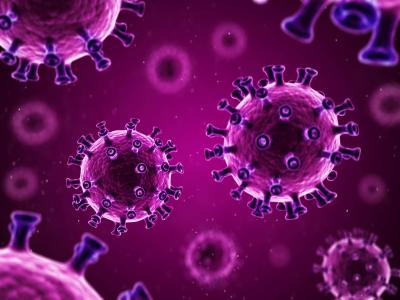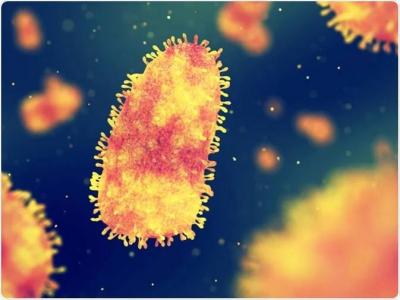Artificial intelligence could help to predict the next virus to jump from animals to humans
By Lokmat English Desk | Published: October 1, 2021 07:51 PM2021-10-01T19:51:51+5:302021-10-01T19:51:51+5:30

The whole world has been facing a corona crisis for the past two years. Millions of people worldwide have been infected with the corona, and millions have died.

The world is still not out of the Corona crisis. The second wave of corona hit India in April. Vaccination is then being stepped up to prevent a third wave. The government intends to complete the vaccination by December.

The threat remains as new variants of the Corona emerge. Everyone is worried about the possibility of more deadly viruses in the future. Technology can save man from this crisis. Why Artificial Intelligence Is Important To Identify Suicidal Viruses Already

Harmful toxins such as corona can already be identified. Research from the University of Glasgow has shown that artificial intelligence can be important for this. Nord's Molentage, Simon Babyan and Daniel Streiker did the research.

A device with genetic material can provide information about which viruses in animals can infect humans. The research, conducted at the University of Glasgow, is published in PLoS Biology. According to this, 10 lakh 70 thousand viruses can be identified in animals.

The corona virus was first detected in China in 2019. The virus could have been identified with the help of a device with artificial intelligence. Had that happened, not a single person would have died.

Research is currently underway into whether a virus can enter humans from animals through a single genome sequencing. The University of Glasgow also enlisted the help of scientists at the University of Liverpool to conduct more in-depth research on the subject. The genes of the virus.

If the virus has already been identified through an artificial intelligence device, it can be closely monitored. So work can begin early on developing a vaccine. Therefore, humans could be protected before the virus spreads, scientists said.























